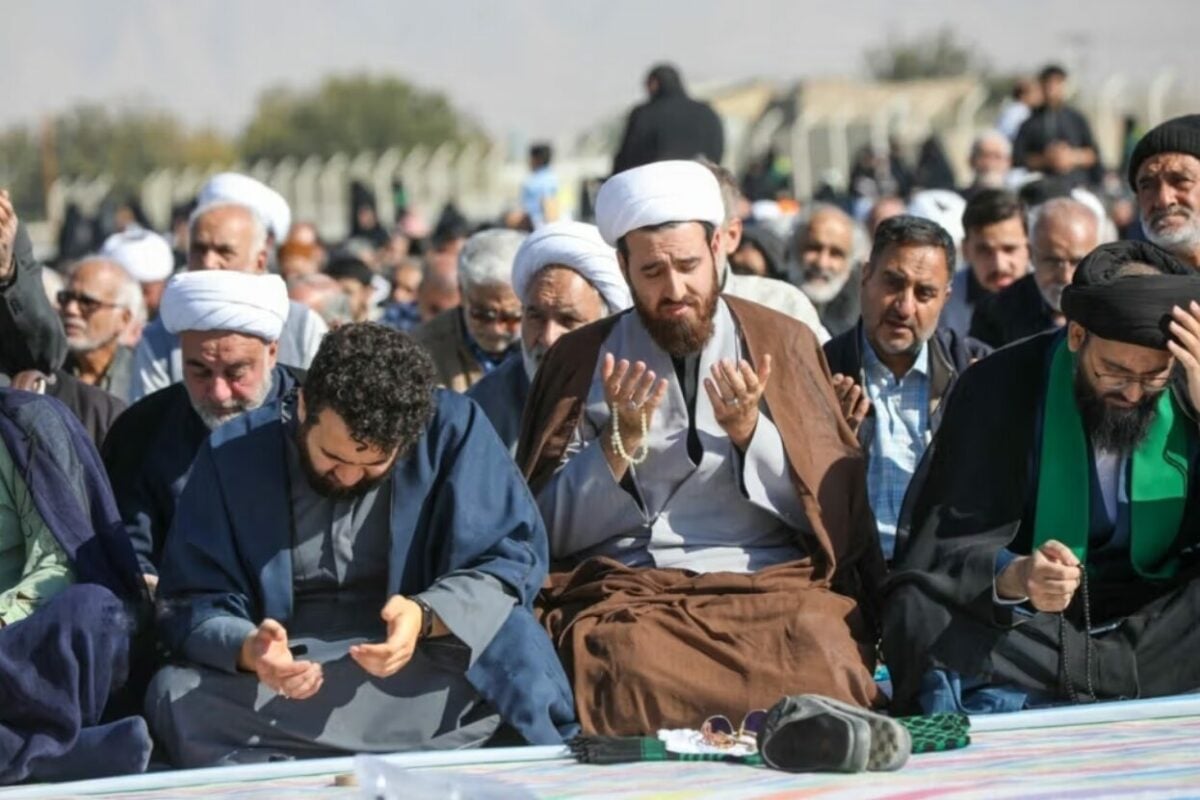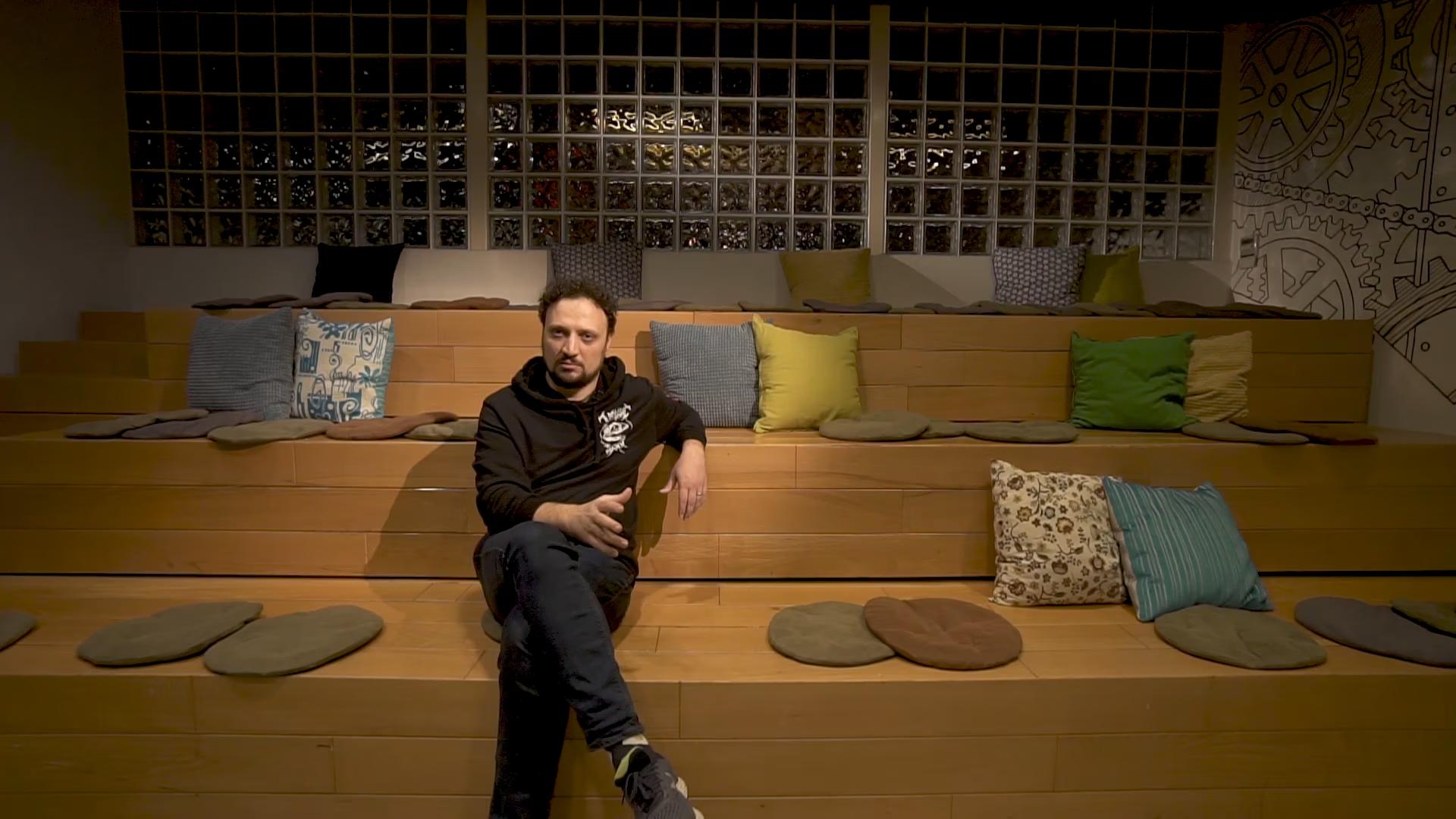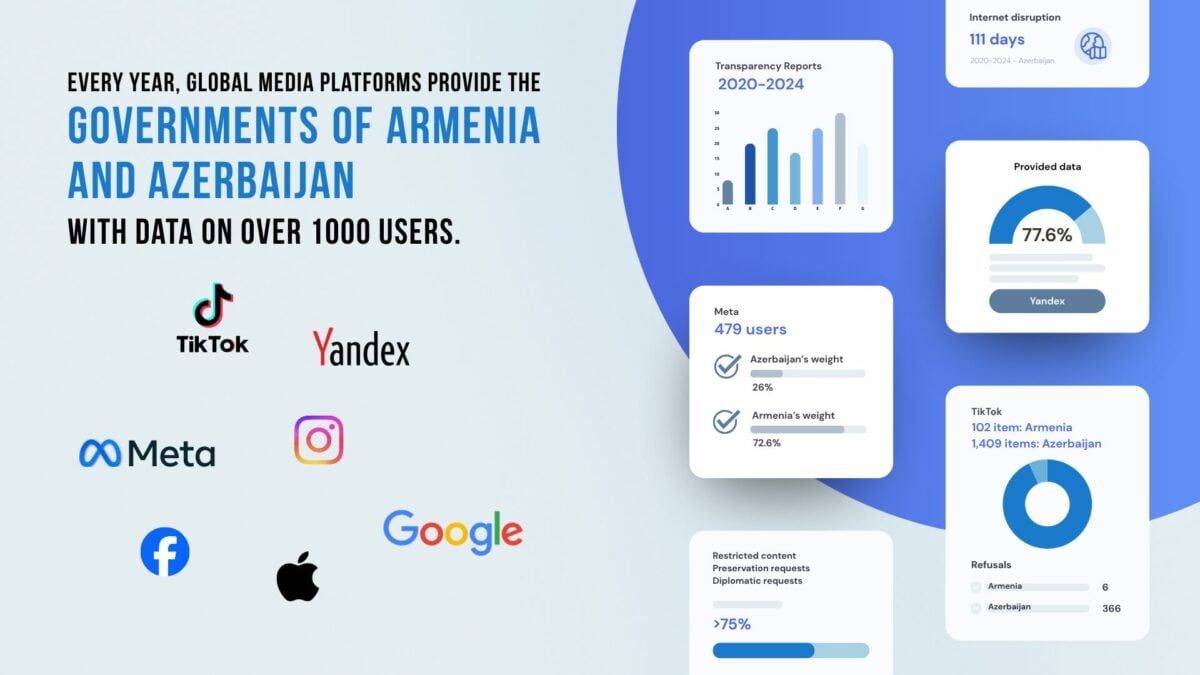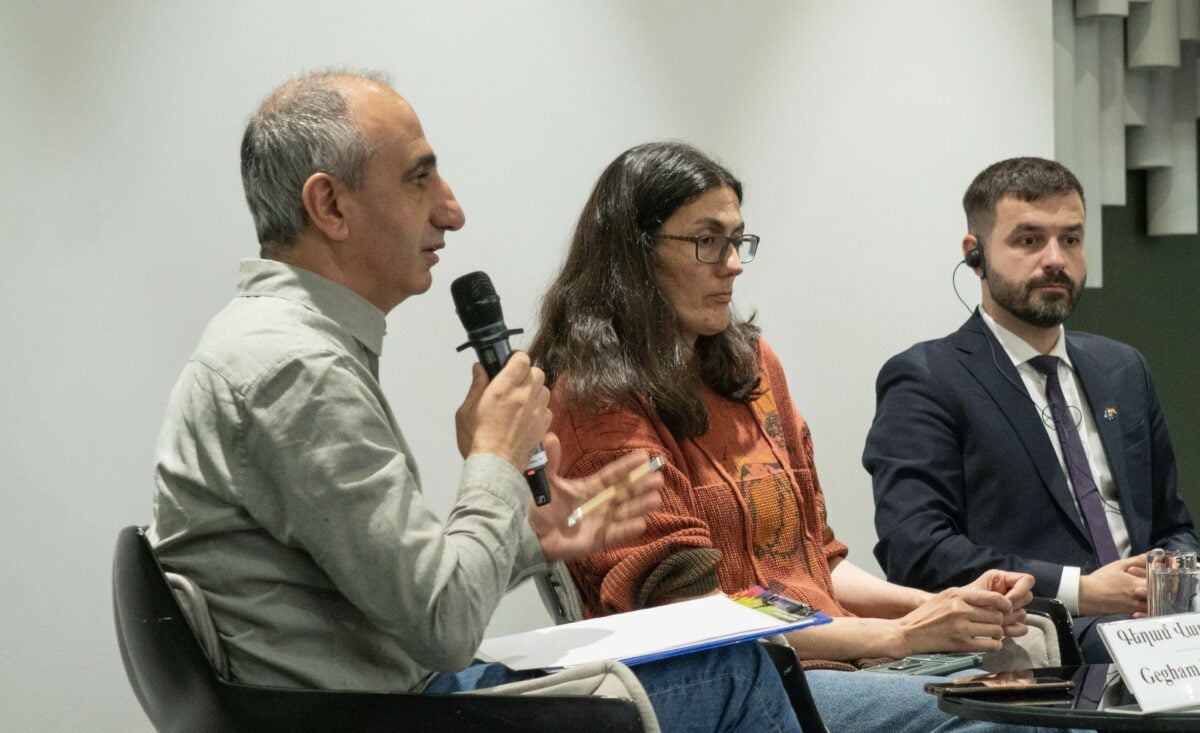In order to share their stories, people must first believe in and trust the reporters. This is how American journalist Bruce Gellerman, Senior Correspondent of Boston’s WBUR.FM Public Radio, began talking about the nuances of sources in the profession of journalism.
At the invitation of Media Initiatives Center, he came to Armenia in the summer, helped local journalists develop topics of investigation, find alternative sources and work with them patiently.
Bruce is convinced, that if people begin working with the media, then they want their stories to develop spread and have an impact.
“They begin to speak about the surrounding environment, the school, air pollution and other problems, because those aren’t just their problems, and it’s a point of interest for everyone. They are those stories that people want to hear,” says the American journalist, emphasizing the choice of the theme.
According to the journalist, the content customer is the public. Today, that order is mainly being carried out by online media, “small details force the journalist to open the subject, check the facts with different sources, find new ones.”
If you have no data before starting the article, don’t worry, you have to dig and create your own database.
Investigative journalism is the most strenuous direction of journalism, in his words, good investigative stories is really hard work. For example, it’s not enough to write about a case of corruption, you need to write where the funds came from and where they went. It’s important to start the story from the beginning, to develop it and come to a conclusion, “the absence of any of these three parts may cause questions among the readers and lead to an issue of trust. If you take the story from people, then you are responsible to return the information properly.
An investigative journalist says that, for example, in an article on mining, it is important to place the foundation on the people’s problem, for example, the pollution of a nearby river, where children are bathing and where irrigation water for fruits and trees in the village come from. At first glance, this may not seem like a topic for a large investigation.
Be inquisitive, ask everything, from everyone and everywhere, as well as yourselves.
“We speak with family members with issues, mine representatives, the government and absolutely remember that each of them have their own perspective on the issue. All of their voices need to be heard, this is the right key. Otherwise, they will begin to use social networks and write their stories. Facebook is a powerful tool, especially in Armenia, it is a new mechanism bringing people together in social reality.”
Bruce gives importance to the connection between people and the journalist, “people send me videos and photos on social networks. Today, it’s not that important to be on the scene in person.”
In Bruce’s opinion, young journalists use the possibilities of technology to the max, using programs for video editing, photo editing, creating graphics etc.. But technology alone is not enough.
“It’s important to motivate young journalists. They need to have permission to ask “stupid” questions. You give the opportunity, you see the results. They can ask whatever they want. At the same time they have to be responsible. Not lie. Prove, check information, be accurate and honest,” advises the experienced professional.
If your mother says she loves you, verify it. When creating stories, understand the message and how to get it.
In the work of exchanging information, the readiness of society is also important, how to provide information, how to use what’s presented by the media, in order for the giving and taking to be as useful as possible.
“Aside from their daily work, journalists need to teach the government, businesses and different organizations how to work with them. They need to say, if you want to work together, you have to trust me, and I am prepared to present the story right,” he adds.
The basis of journalism, according to the expert, is trust. You have to trust the audience, the sources, the editor, and at the end, yourself. “I have to prove myself, that that which I am telling is complete and honest.”
There is always a problem of the transparency of the work of government in all countries.
“We have Trump, and it’s awful. He says one thing, five minutes later he changes his mind. That is absurd, but we have to do our job, keep the focus on the topics which we have done in the past.”
Follow the money. If you want a good investigation, follow the money, there’s almost always a story under it, who got it, how did they get it, where did the sums go?
The journalist notices, that there is now a wonderful opportunity in Armenia to work with the government to get any piece of information
As a rule, Bruce never has questions ahead of time, and rather than giving an interview, has a conversation and tries to interest people in the conversation, then say what he’s going to do, what information is necessary for what article.
Gayane Asryan







